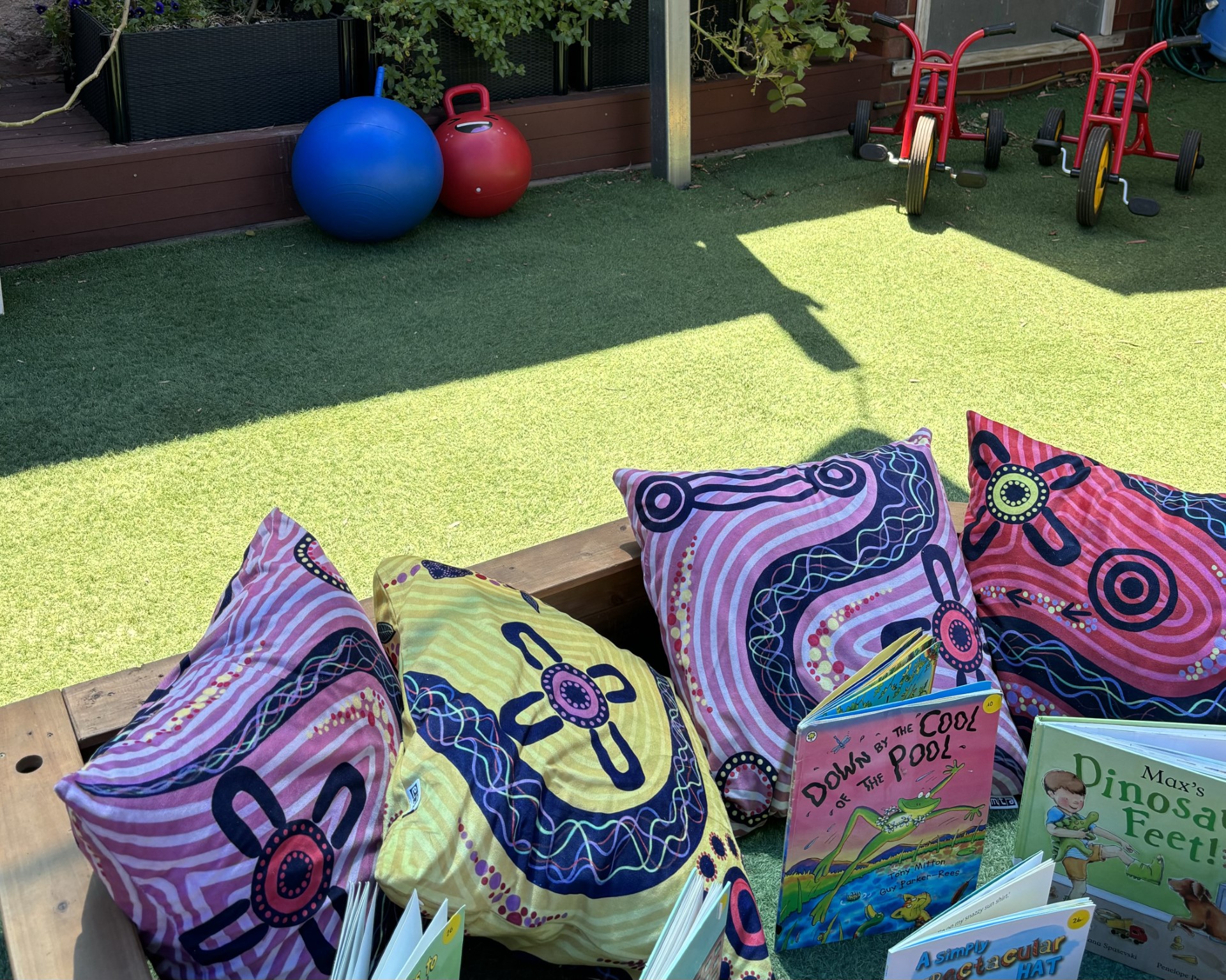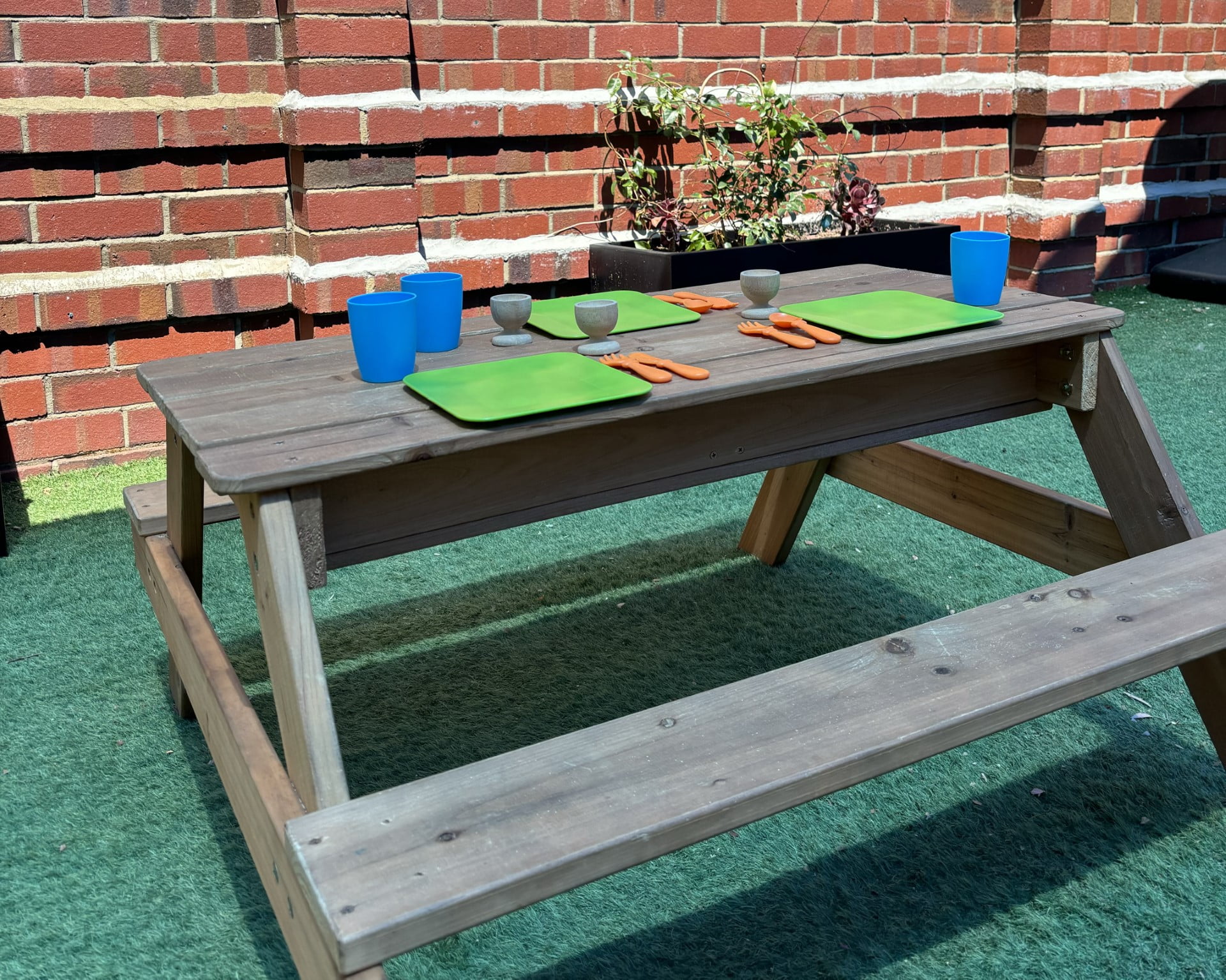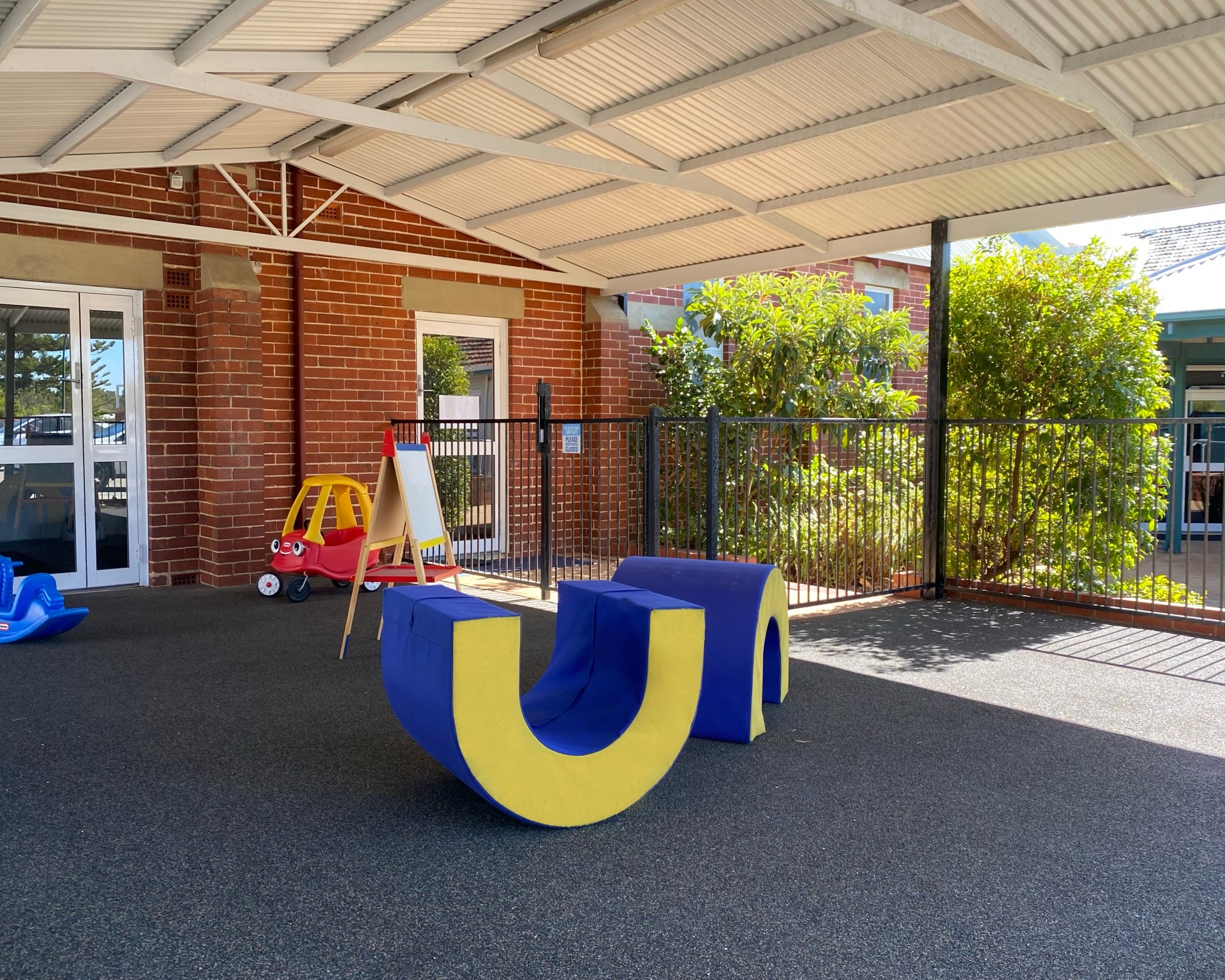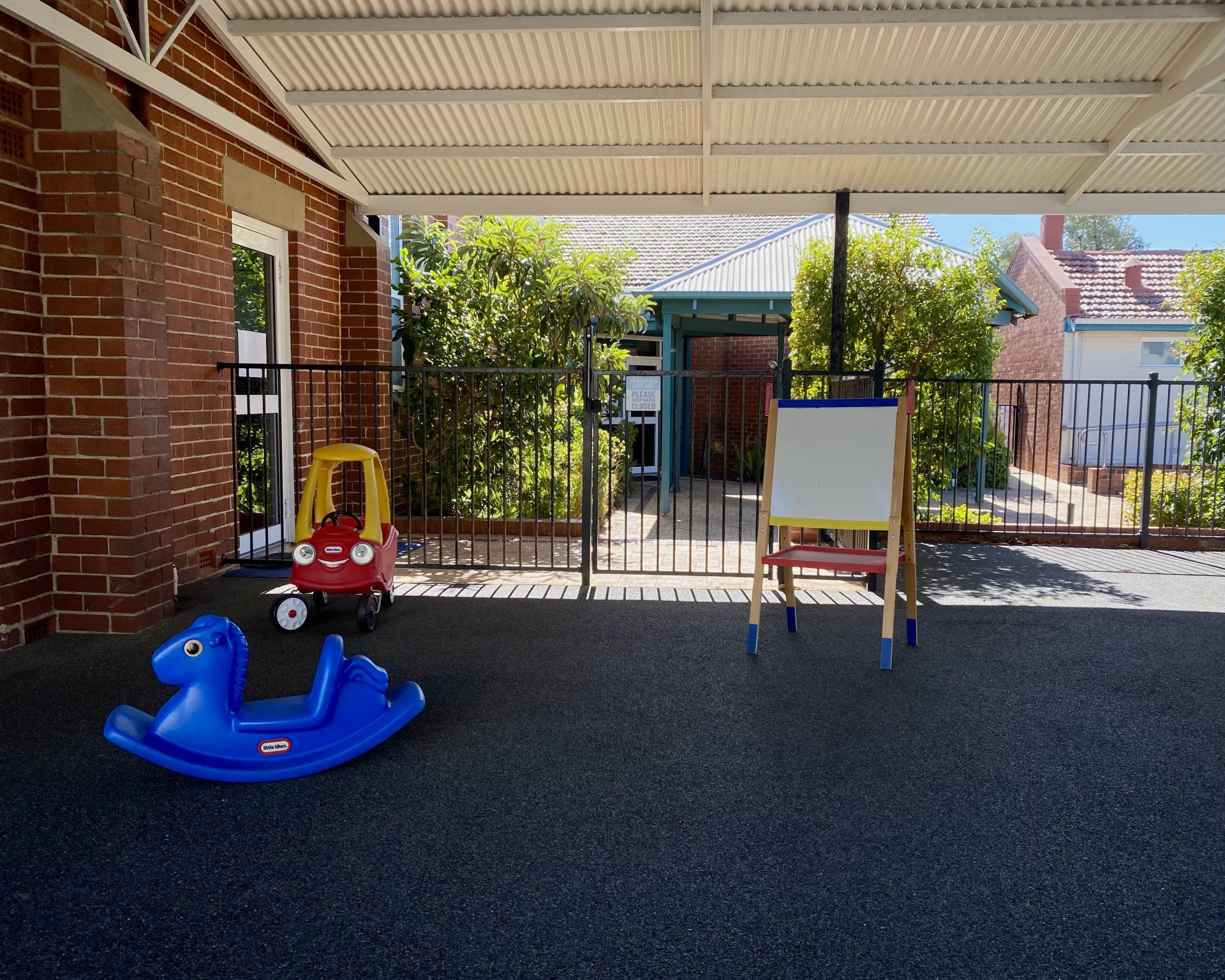Footprints3 - 6 years
Footprints cares for children from around age 3 years and up. This room caters for up to 25 children per day with 3-5 educators available to nurture and care for your child. Footprints follows a curriculum set out by the qualified early childhood teacher who leads their room. This ensures that the children get the best education and experience. Educators take note of new topics that engage your child’s interests and imagination and a themed program is developed to suit. This ensures that your child is always involved with activities and free play that stimulate learning in a fun and pleasurable manner.
CBELC incorporates a Pre-Kindy and Kindergarten program into our Footprints curriculum. We are blessed with many talented and trained staff who are qualified to teach children, particularly in their Kindergarten year.
Kindergarten is a non-compulsory education program offered to children in both public and private schools. In our centre, children are able to participate in the Kindergarten program from 3 years of age, even if their birthday falls after July 1. Our centre is able to offer Kindergarten to you on the days and hours of your choice. This suits those who are working beyond school hours so no extra after-school care is required.

Indoor play area
This indoor play area is utilised on and off throughout the day. Footprints children enjoy a range of activities such as imaginative play with costumes and areas such as a grocery mart set up and indoor castles that the staff may set up.




Outdoor play area
This outdoor play area includes sand pit, cubby house, and many other fun activities. This outdoor area is also shared with the younger Cherubs class. This provides socialisation which is helpful for when the children eventually graduate to school.



Soft fall and gazebo area
This play area is utilised mostly when we have very wet weather and we are unable to use the other outside area. This area is equipped with resources such as bikes, slides and climbing equipment. We also enjoy having afternoon tea in this area as a picnic in the warmer weather which the children really enjoy!

Meal time
At Canning Bridge Early Learning Centre the following meals are provided; Breakfast, Morning Tea, Lunch, Afternoon Tea, Late Snack.
This is our set up for all meal times. The children usually enjoy story or music time while their food is being prepared and move to the table when the educators are ready. As much as the staff are able, they will keep to the meal time routines that are already set in place at home.
Meals times are typically:
Morning Tea: 9.30am
Lunch: 12pm
Afternoon tea: 3:30pm
Afternoon Snack: 5pm
Nap time
This is our nap time set up where each child has their own bed and linen for the day that is washed at the centre so no need for parents to take linen home and have to remember it for next time. The staff will keep to the nap time routines that you maintain at home as much as possible so that your child adjusts quickly to their new sleep environment and is able to have restful sleep while at the centre. The designated nap time is typically between 12pm and 2pm each day. If your child does not normally sleep for this long or has stopped having afternoon naps, they will be provided with a quiet activity so that they do not disturb the other children. The staff remain in the room throughout this nap time to maintain supervision.
Curriculums
Our curriculums are based upon the EYLF outcomes that are set by the Australian Department of Education. This includes practices and teachings based upon Belonging, Becoming and Being.
Belonging is based upon the knowledge of “where and with whom you belong”. This also “acknowledges a child’s interdependence with others and the basis of relationships in defining identities”. Becoming is the development of “identity, knowledge, understandings, capacities, skills and relationships”. It is the understanding that children are “shaped by many different events and circumstances”. Being is regarding children “knowing themselves, building and maintaining relationships with others, engaging with life’s joys and complexities, and meeting challenges in everyday life”.
The staff greatly appreciate input from parents as to what activities their child/ children enjoy and any learning that they show particular interest in. The educators are than able to implement related activities and topics into the curriculums.
